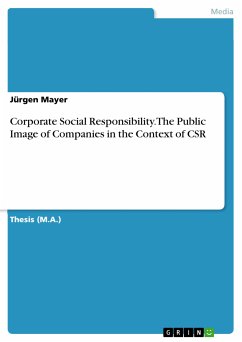Seminar paper from the year 2014 in the subject Communications - Specialized communication, grade: 1,0, AKAD University of Applied Sciences Stuttgart, course: EWK01, language: English, abstract: The principal aim of this assignment is to work out an overview of the application of English in non-English firms. For this purpose, the motives of those parties who are involved in the process and the companies¿ main objectives, challenges and benefits of using English as a corporate language, are taken into account. The intentions for using English as a corporate language are manifold. However, the three following purposes are the most obvious ones. Thus they are to be examined closely: firstly, the prospect of better business conducts, secondly, the need of enhancing collaboration performance and thirdly, the requirement of staying competitive in an increasingly global market. The assessment, of whether these objectives can be generally achieved by conducting English as a corporate language, will be given in the concluding section. Since the beginning of the 21st century, English has become increasingly popular with the business world. This originates from the widespread use of English in the British colonies and the influence of the economic superpower, the USA. Since the Information Technology (IT) has been launching ever more sophisticated e-commerce applications and communication tools for web conferences, the way was paved for conducting international business online. Henceforth, even small and medium sized enterprises seek to enter the international market. This development made it necessary to communicate on an equal language basis with the stakeholders of a company. Communicating effectively without major obstacles can be achieved by the assistance of communication experts like translators and interpreters. Nevertheless, it might be more economical to deal with this correspondence in English by an own English savvy workforce. To solve this issue, many companies mandate English as a corporate language.
Dieser Download kann aus rechtlichen Gründen nur mit Rechnungsadresse in A, B, BG, CY, CZ, D, DK, EW, E, FIN, F, GR, HR, H, IRL, I, LT, L, LR, M, NL, PL, P, R, S, SLO, SK ausgeliefert werden.









